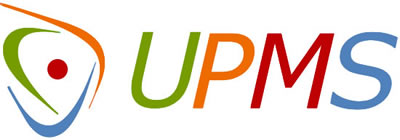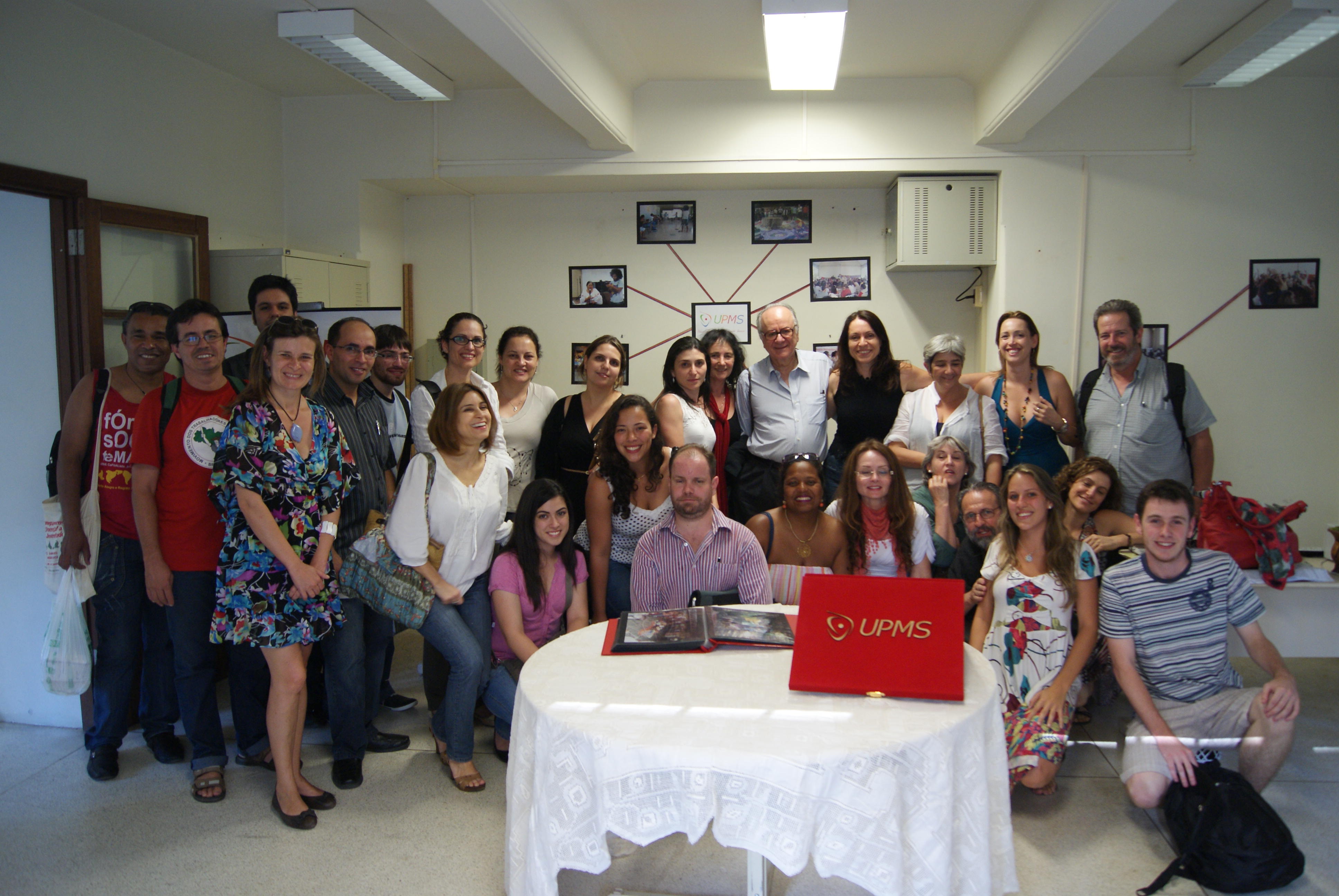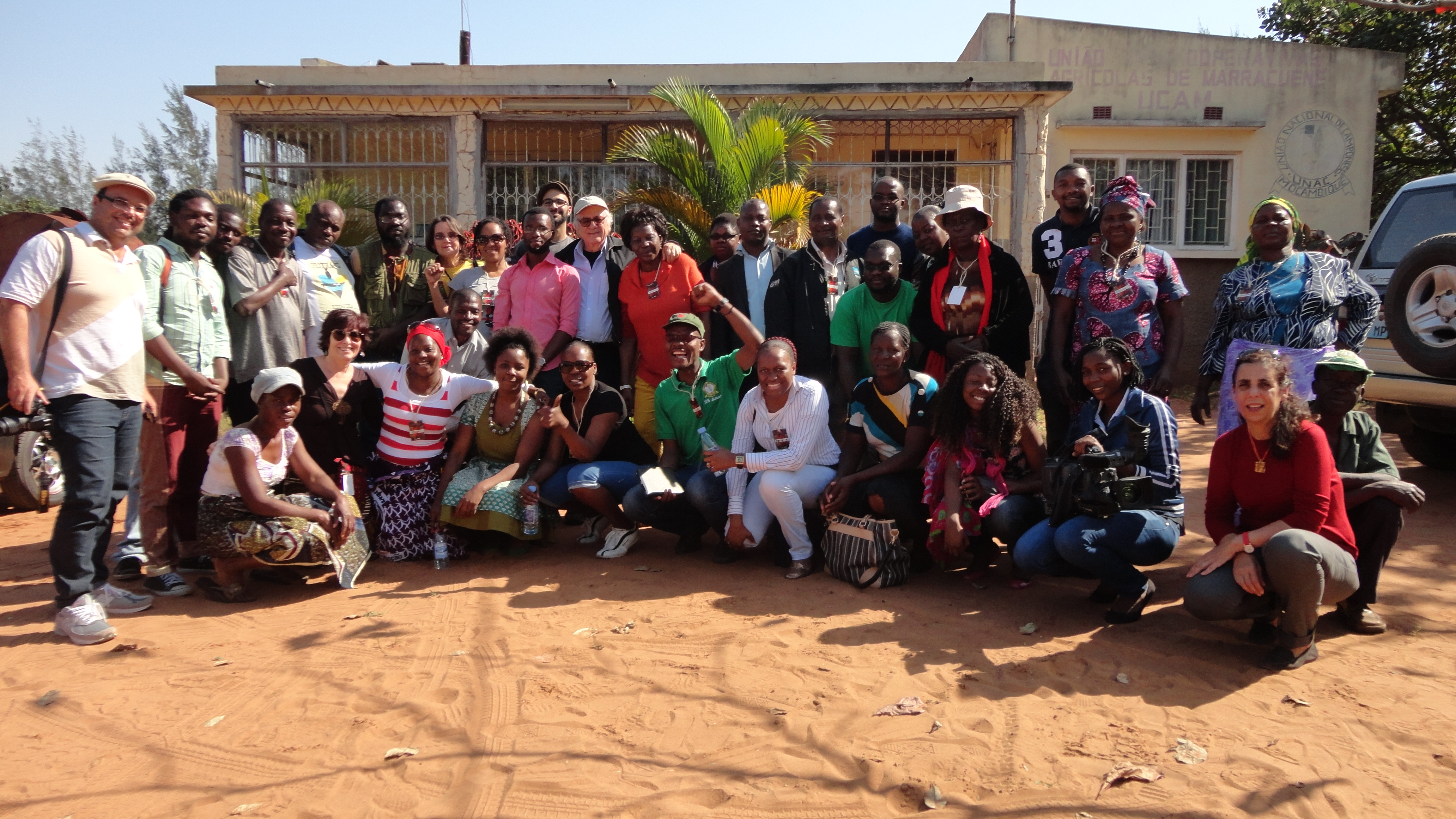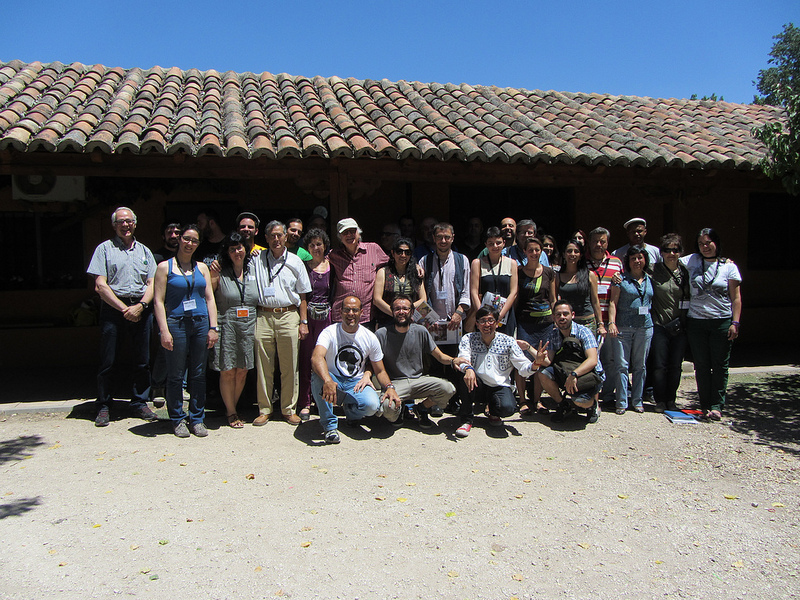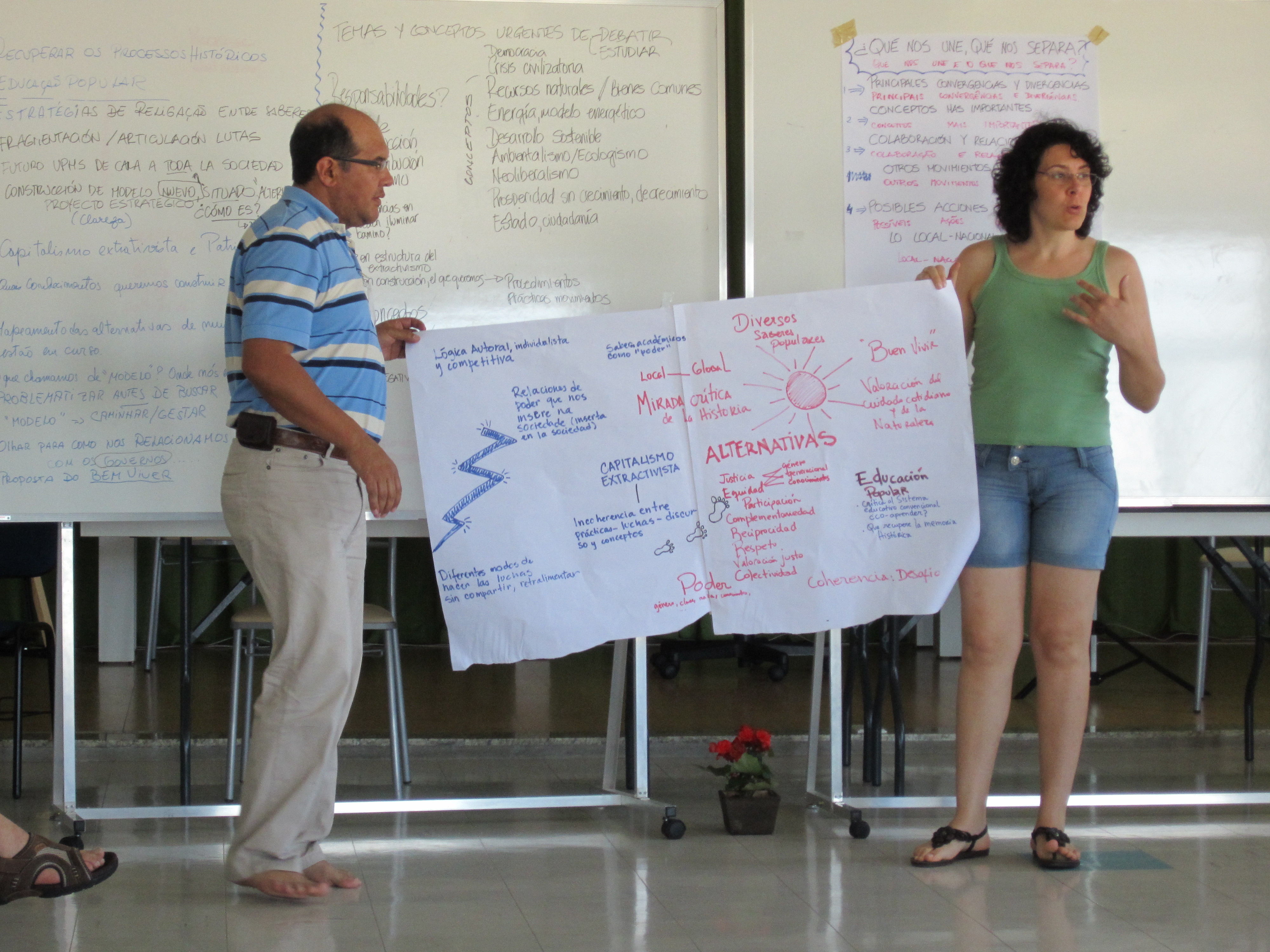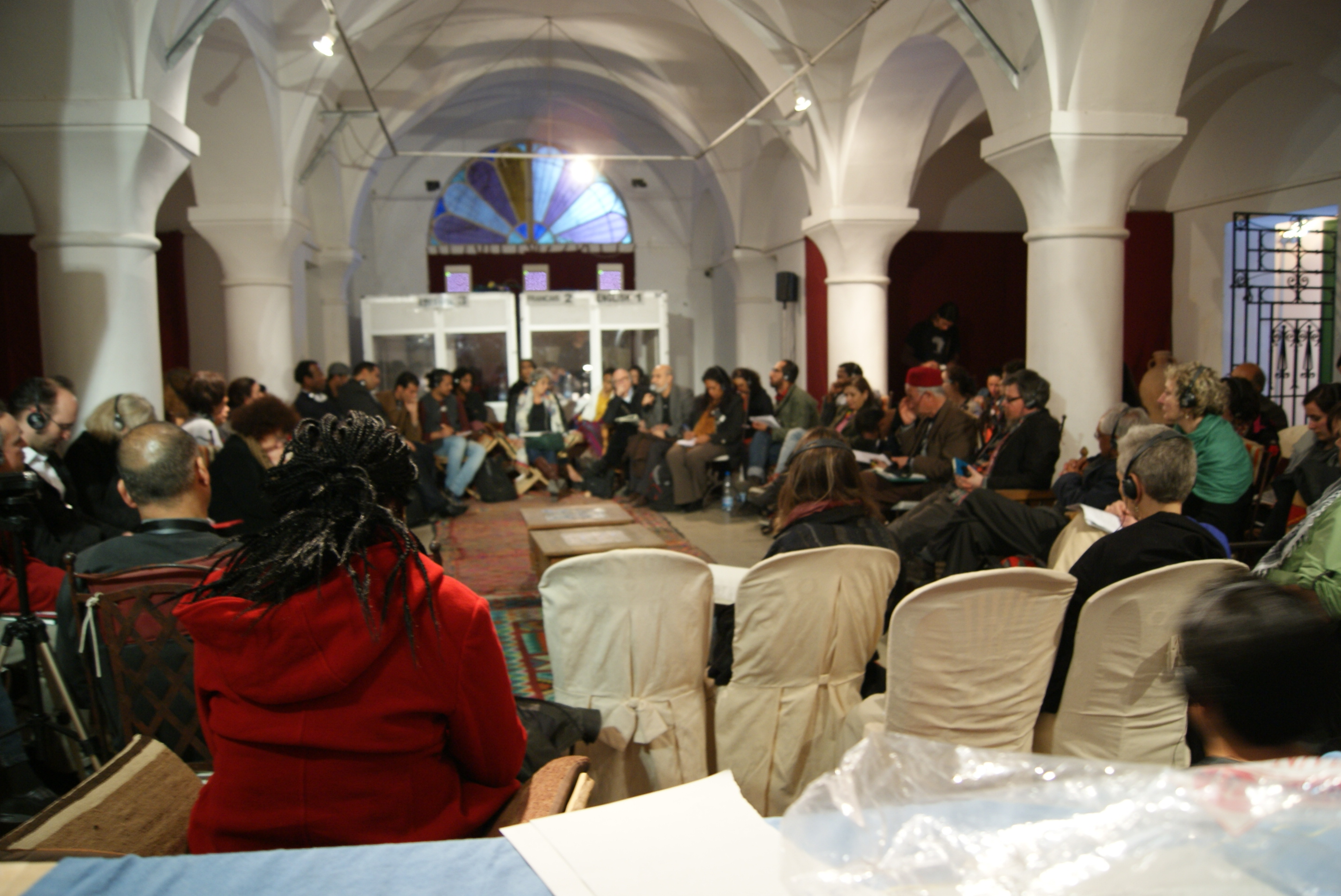The Popular University of Social Movements or Universidade Popular dos Movimentos Sociais (UPMS) was created at the 2003 World Social Forum (WSF) -- a space for meetings and exchanges among social movements from different parts of the world. UPMS has emerged as a means for linking diverse forms of knowledge, strengthening new forms of resistance thereby making a contribution towards the reinvention of social emancipation, as a basis on which diverse projects work towards transforming dominant power relationships into relationships involving shared authority. UPMS – Global Network of Knowledges – aims to contribute towards the creation of mutual understanding among social movements. For instance, in the sphere of global social justice, what is of deep significance is global justice for different forms of knowledge. Subsequently, if we make more explicit the diverse forms of knowledge (mobilised by movements as part of their struggles) which are in turn understood and appreciated, more clear and specific will be the transformative actions of each of these movements and more autonomous and reflective would be their protagonists, in lending credibility to the discourse of fortifying diversity of such knowledge. UPMS is destined for activists and leaders of social movements and members of non-governmental organisations, as well as social scientists, researchers and artists committed to progressive social change. The training which this initiative intends to provide, emerges from a process of self-education which has two main dimensions. On one hand, it involves the self-education of activists and leaders of social movements and organisations through the debates they hold among themselves and with social scientists/intellectuals/artists, thereby deepening the analytical and theoretical frameworks that enable them to enrich their practices and broaden alliances among them. And on the other, it involves self-education for social scientists/intellectuals/artists committed to social movements through the debates they hold among themselves and with the activists and leaders of social movements and organisations, thereby completing the process of mutual reciprocity or exchange. UPMS, thus, fosters dialogue between academic knowledge and popular knowledge in order to reduce the distance between the two and make academic knowledge more relevant to the concrete social struggles of social movements and organisations. The innovative nature of UPMS lies in this dual form of learning. In order to pursue this aim, it bridges the traditional gap between teaching and learning – based on the distinction between teachers and students – and creates further contexts and opportunities for mutual learning. Its starting point is hence, the recognition of mutual ignorance. And its end point is the shared production of knowledge which is as global as forms of counter-hegemonic globalisation and as diverse as all, who are engaged in a struggle against neoliberal globalisation, capitalism, colonialism, sexism, racism, homophobia and other forms of domination, oppression and subjugation.
UPMS holds workshops, preferably involving two days of work and opportunities to socialise, which run on a residential basis. Although the workshops, that may take place at any location in the world, are the central focus of UPMS, the Popular University of Social Movements also has physical premises in the World Social Forum Memorial in Porto Alegre (Rio Grande do Sul - Brazil), where its events are archived and all happenings, so far, stored and processed. |
||
|
POPULAR UNIVERSITY OF SOCIAL MOVEMENTS UPMS Memorial Address: Sete de Setembro Street, 1020 – Alfândega Square – City Center – Porto Alegre – RS ZIP Code: 90010-191 - inside World Social Forum (WSF) Memorial E-mail: upms.mail@gmail.com Skype: upms2012 |
||
